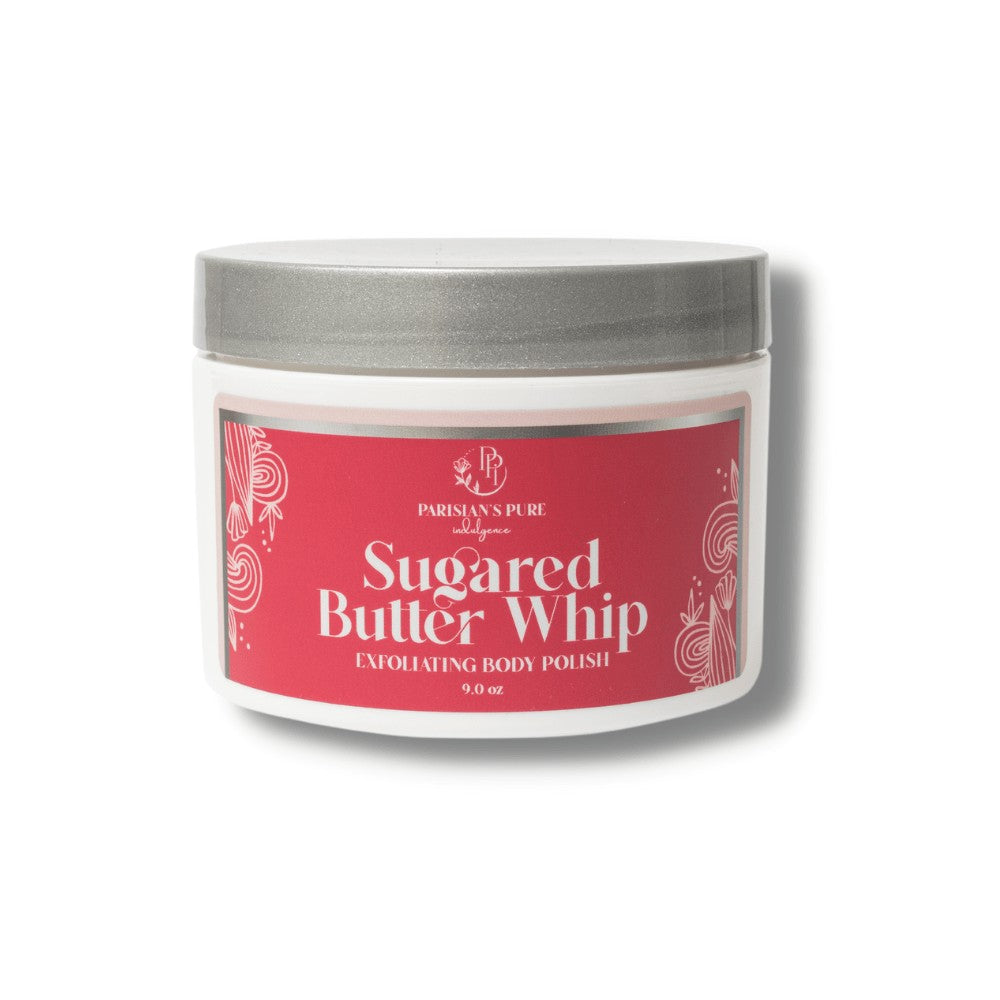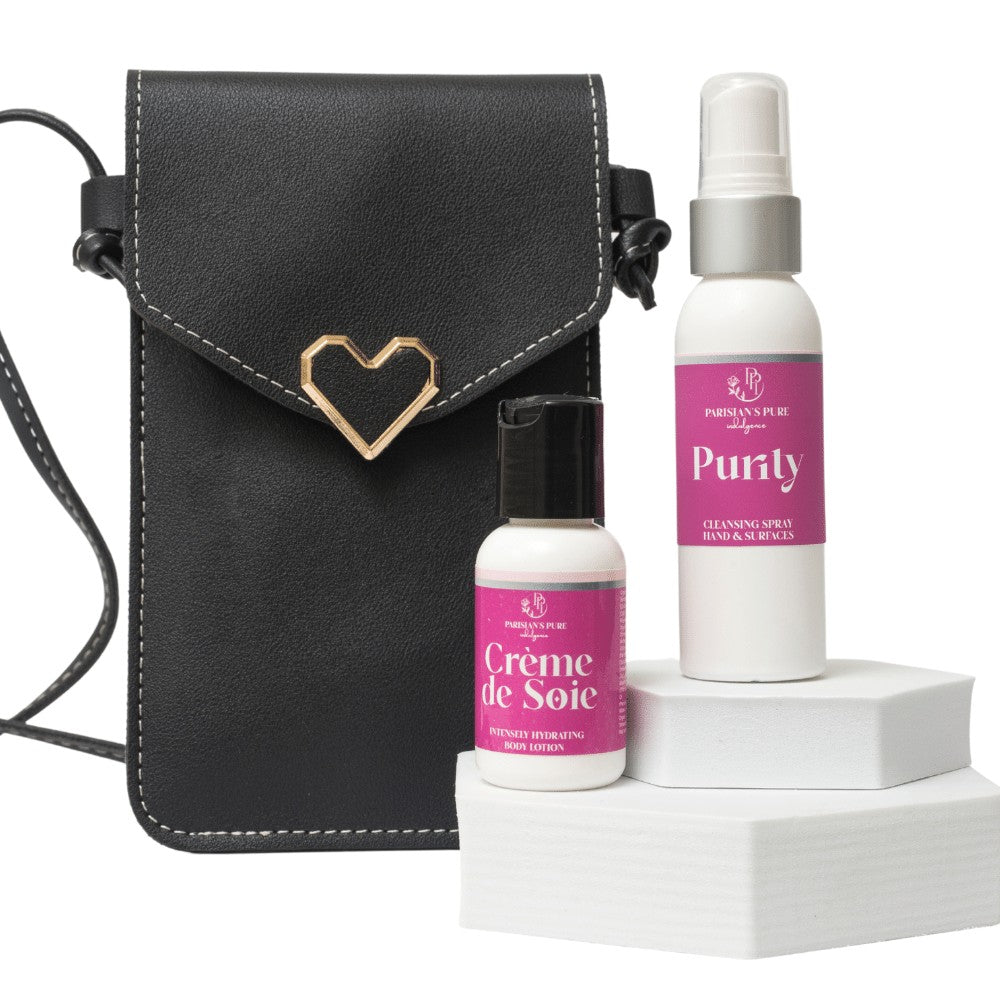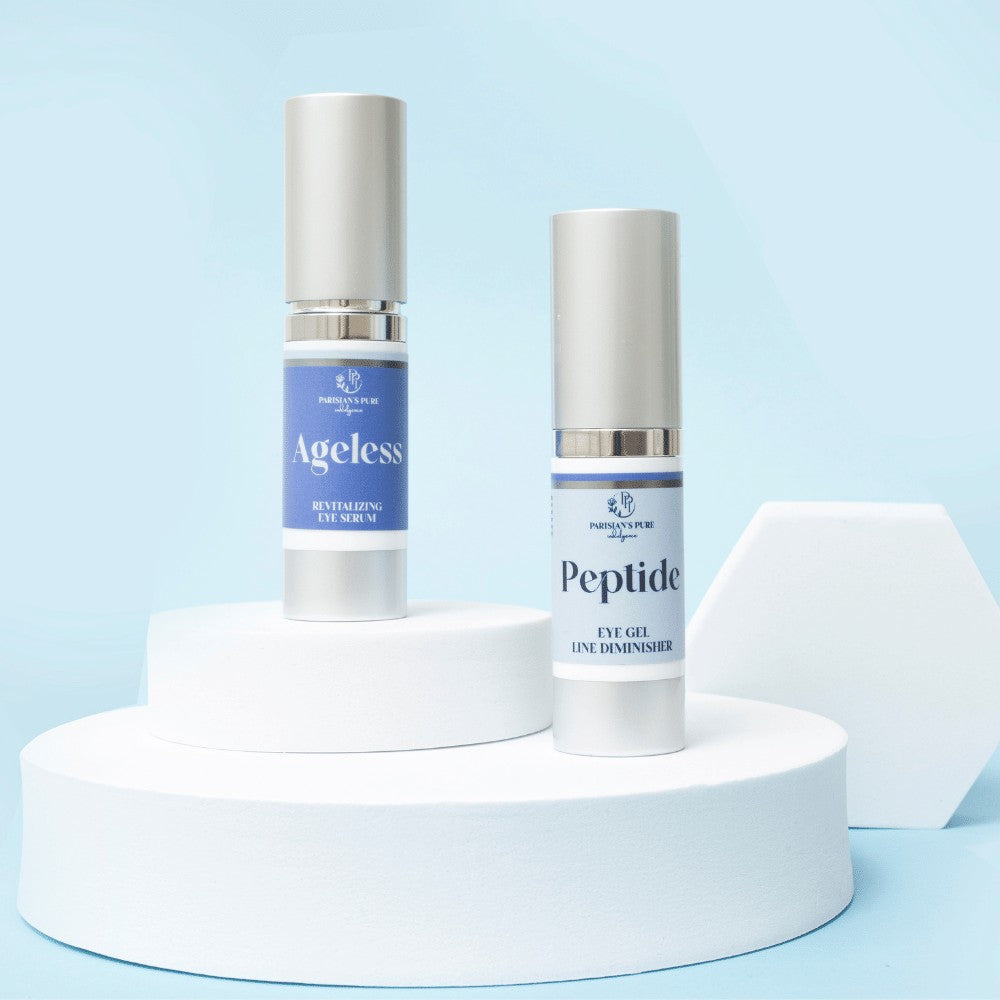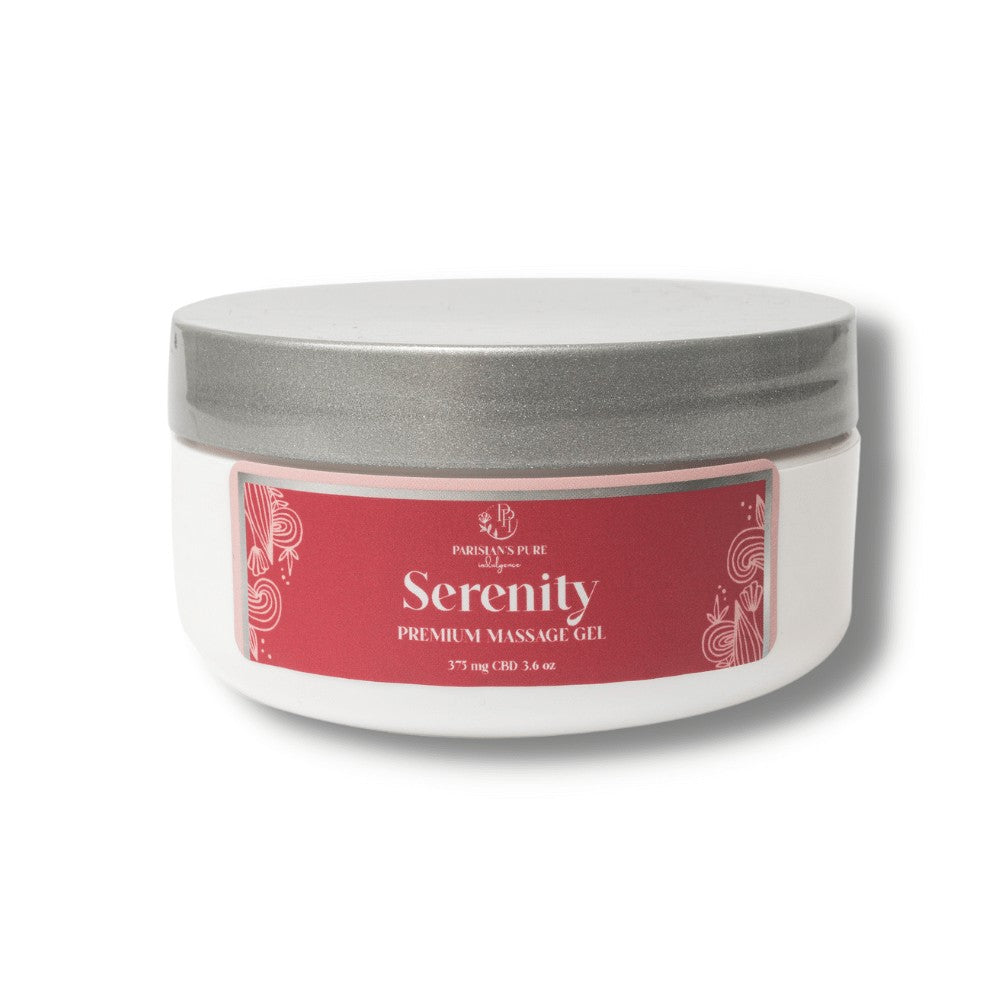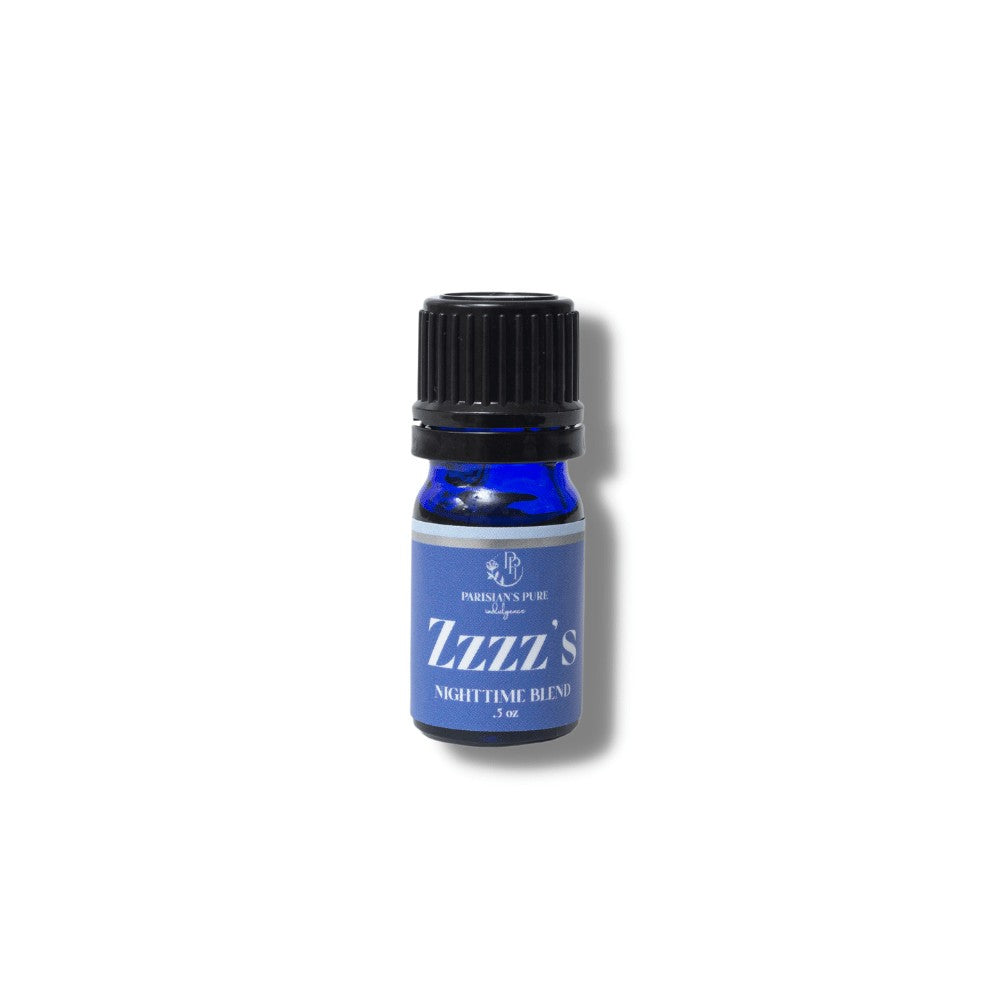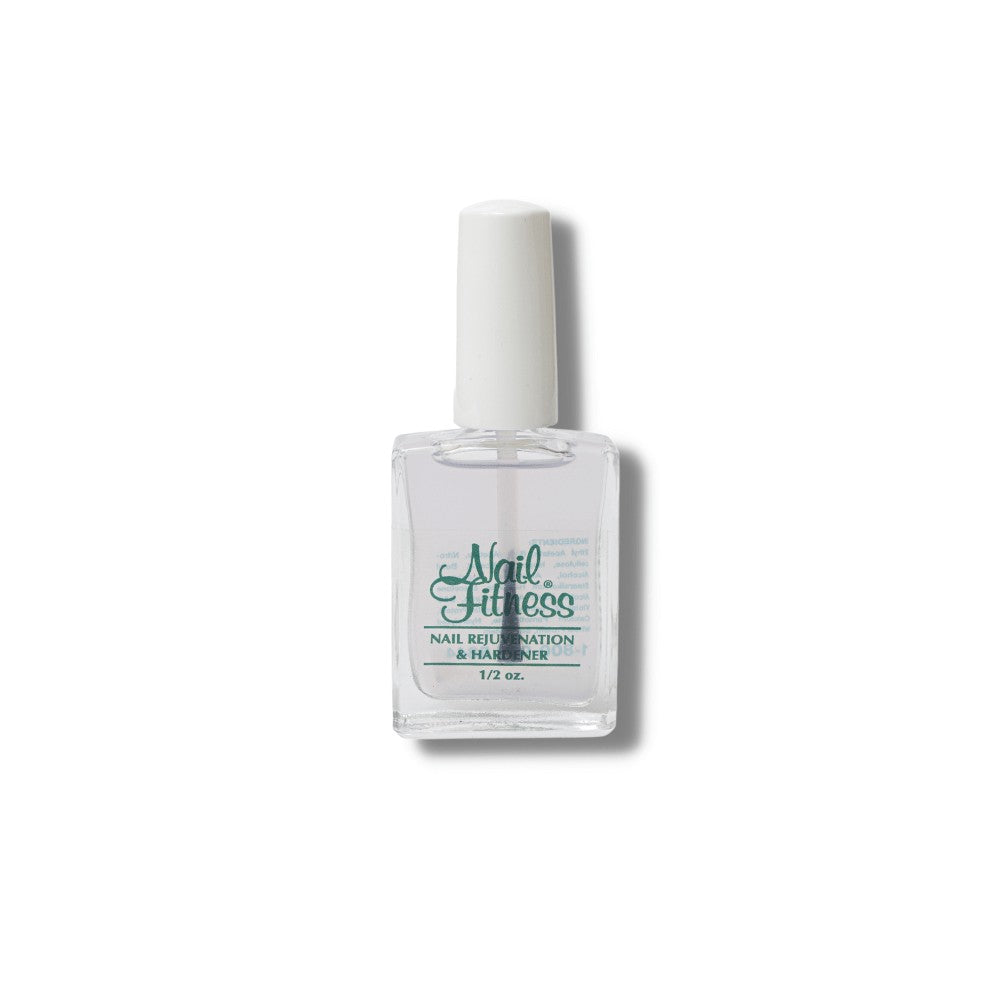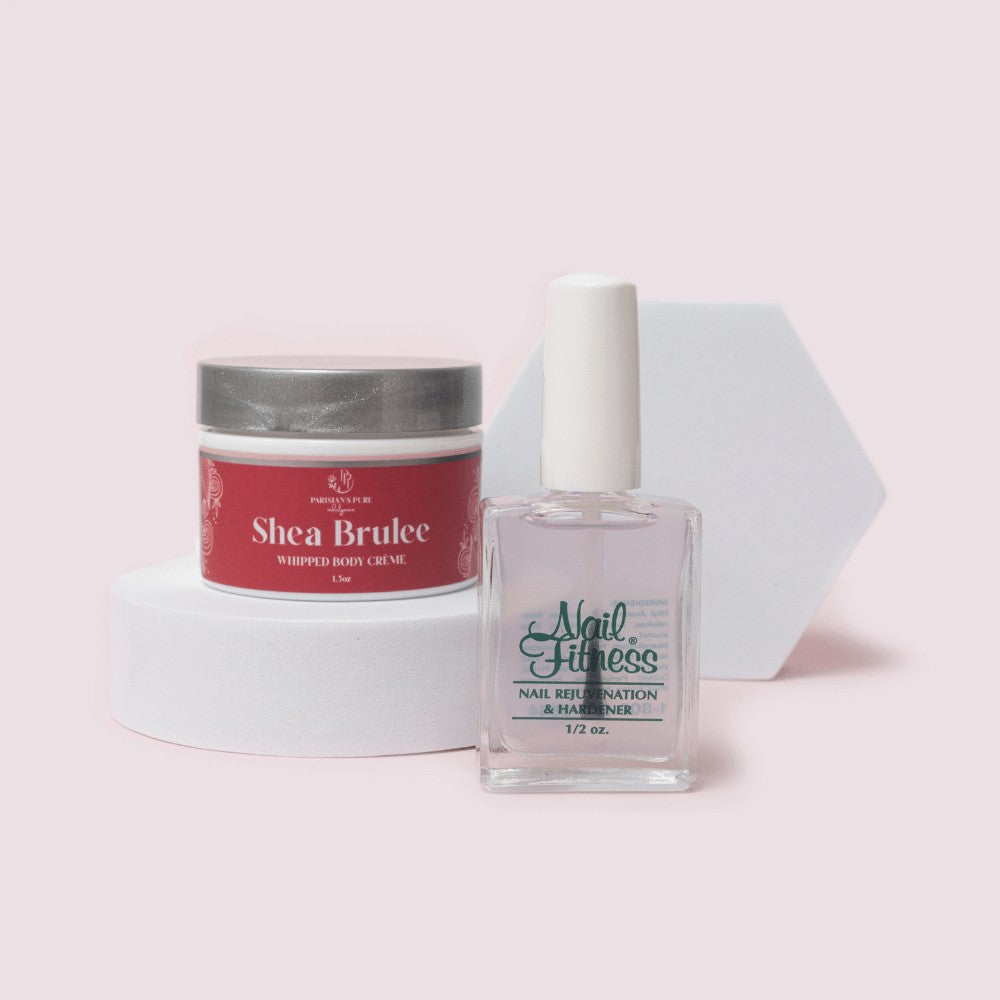We all know our skin ages, sometimes faster than we would like. There are two main reasons our skin ages known as Intrinsic and Extrinsic aging.
Intrinsic or Genetics - contribute to how fast we age. Most of us show signs of aging in our late 40's to early 50's.
Extrinsic or External Factors -These include environmental, free radical sun damage, and stress.
Free radical and sun damage accounts for 90% of early signs of aging. Seriously, it's that high! A 2012 Dermatology study, estimates UV radiation alone contributes up to 80% of skin aging and is the most important environmental factor in skin aging and skin cancer.
Bad news/good news...we can't control the genetic factor in aging, but we can do something about environmental factors.
We all know what sun damage is and many of us have heard of free radicals, but do we really understand what they are and how they work?
Here's an illustration: Have you ever cut into an apple, slicing it into pieces? After a period of time, the apple begins to turn brown. This process is called oxidation and it's caused by free radicals damaging the cells of the apple.

When oxidation happens in our skin, cells lose their ability to function normally. Free radical damage can lead to tissue damage, which results in fine lines, deeper wrinkles, dehydration, and loss of volume (collagen breakdown).
6 skin aging factors we have control over:
1. Smoking -Vertical lines just above the mouth are only the beginning. Smoking causes vascular constriction - constricted blood vessel inhibit blood flow and oxygen from reaching skin cells. This, in turn, damages collagen and elastin-the fibrous components of skin that keep it firm and supple. Vaping contributes the same way as cigarette smoking when it comes to our skin. Even second-hand smoke affects the skin.
2. Side/stomach sleeping -2016 study indicates that "compression, tension, and shear forces applied to the face during sleep cause facial distortion when people sleep on their sides and stomach, leading to the development of sleep wrinkles over time."
3. Alcohol -not only worsens skin conditions such as rosacea and eczema but releases stress hormones (glucocorticoids) known to speed aging in the body. Even moderate drinking dehydrates the skin.
4. Diet - A diet high in simple sugars and sweets causes the connective tissue of the skin to become rigid and lose its elasticity.
What to do? Fruits and vegetable rich in antioxidants are skin-friendly, particularly fruits such as blueberries and blackberries, known to be rich in Vitamin C.
5. Pollution - We now know pollution is linked to the development of pigmented spots on the face. Read this studyin the Journal of Investigative Dermatology. Along with irregular pigmentation, air pollutants such as car exhaust, industrial gasses (think carbon dioxide, PAHs, sulfur, and dioxide) and common dust, cause chronic inflammation leading to premature aging.
What to do? Use skin treatments with potent antioxidants. Antioxidants fight free radical damage.
6. Stress - Research shows stress wears our bodies down and releases "stress chemicals" into our system. They include adrenaline, norepinephrine, and cortisol. These stress chemicals create biological changes at a cellular level. Cellular damage occurs through oxidative stress and shortened telomeres.
Psychological stress shortens our telomere lengths and as a result, ages our skin. Oxidative Stress overwhelms our bodies repair process and causes premature aging.
What to do? Exercise, set boundaries, talk to someone, pray or meditate. Use skincare products that contain peptides. Peptides are known to stimulate collagen and elastin fibroblasts. This stimulation supports the healing and repair response in the skin.
The best combat for premature aging skin is healthy lifestyle changes along with skincare treatments with beneficial ingredients known to support our skin, such as antioxidants - Vitamins A, B, C and E, perfect-aging Retinol, Hyaluronic Acid, Peptides, and MSM and DMAE. But, without question, sun protection is our best defense in keeping our skin looking youthful longer.
What changes can you make?

